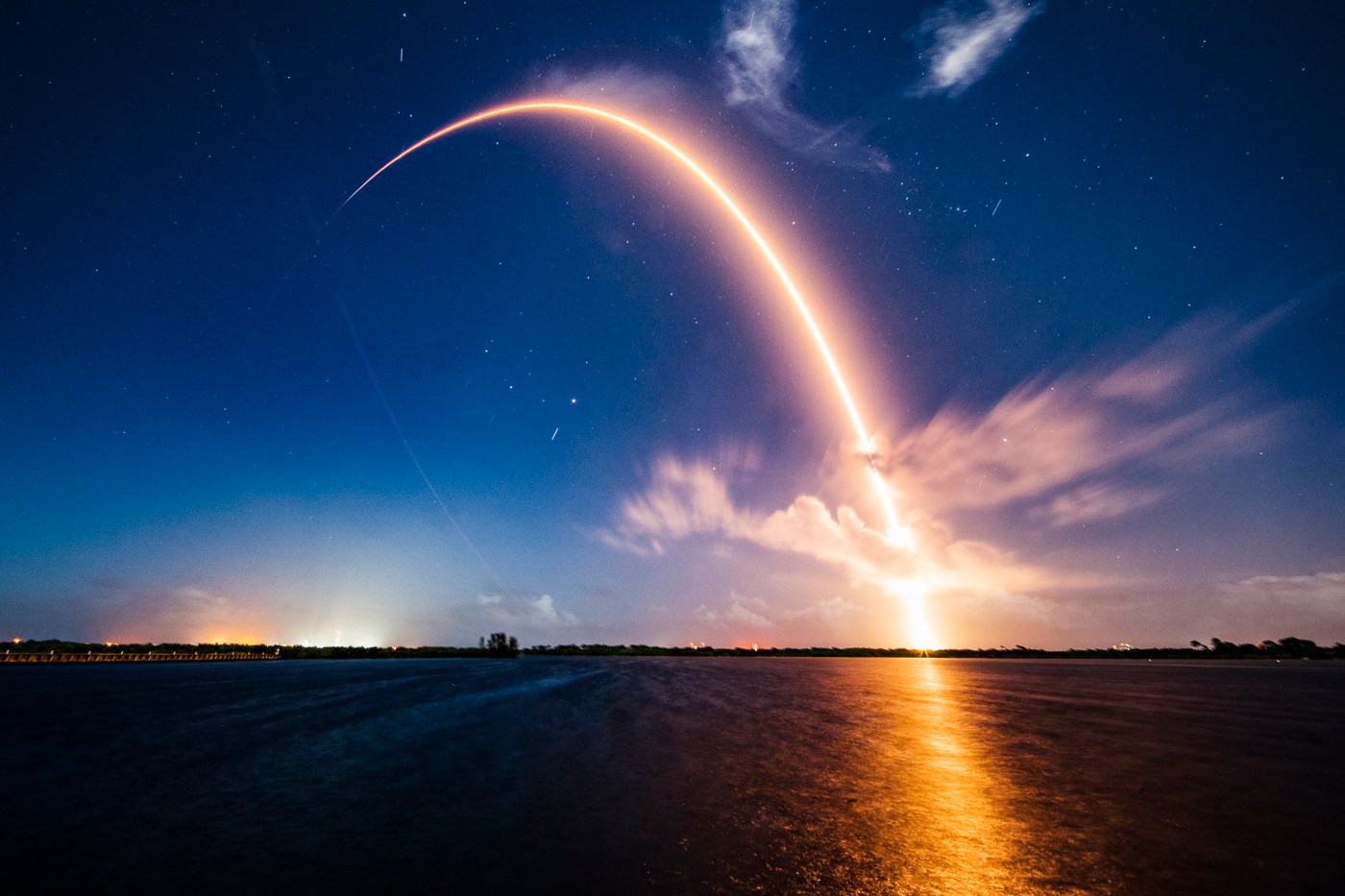Top Stories
U.S. Risks Losing Space Race as China Advances Rapidly

URGENT UPDATE: The United States is facing an alarming gap in its space strategy, as China accelerates its efforts to dominate space exploration and technology. During Space Week from October 4-10, 2023, the U.S. federal government shutdown highlighted the absence of a clear American vision for space, raising concerns about national security and economic stability.
Recent developments indicate that China is rapidly advancing its capabilities. Over the past six months, Beijing has initiated the deployment of an AI-powered “supercomputing” satellite constellation and announced ambitious plans with Russia to create a Lunar nuclear power plant supporting the International Lunar Research Station (ILRS). Dr. Namrata Goswami, a renowned expert on China’s space strategy, warns that these moves position China to potentially outpace the U.S. in space.
The implications are profound. SpaceX, led by billionaire Elon Musk, currently leads in launch capacity, but this advantage is threatened as China enhances its launch capabilities. Analysts predict that if this trend continues, China could match or exceed U.S. launch volumes within a few years.
In addition, China has achieved significant milestones, such as in-space refueling and successful lunar missions, including returning samples from the far side of the moon—an accomplishment the U.S. has yet to achieve. Should China realize its long-term objectives, America could face serious challenges, including the potential for adversaries to disable U.S. satellites or deploy anti-satellite weapons.
Another critical area of competition is energy. While global focus shifts to renewable energy, China is investing in space-based solar power, aiming to fuel its projected $10 trillion Earth-Moon economic zone. The moon itself represents strategic real estate, containing valuable resources like Helium-3 and water ice—essential for future lunar colonization and beyond.
The lack of a crisis response strategy is alarming. As commercial space operations become more common, the need for coordinated rescue missions is evident. Currently, no federal agency—be it NASA, the Space Force, or the FAA—has clear authority or resources to manage potential emergencies in space.
While the recent executive order from President Donald Trump to streamline launch licensing is a step in the right direction, experts emphasize that deregulation alone does not constitute a comprehensive strategy. There is an urgent need for a prioritized investment approach and a cohesive national vision for space.
The stakes could not be higher. As the next Sputnik moment looms, the question remains: will the United States be caught off guard, or will it rise to meet the challenge with innovation and leadership? If the U.S. fails to act decisively, it risks losing not only its prestige but also its economic and strategic leverage in the rapidly evolving space landscape.
Stay tuned for further updates on this critical issue as developments unfold.
-

 Business1 week ago
Business1 week agoIconic Sand Dollar Social Club Listed for $3 Million in Folly Beach
-

 Politics1 week ago
Politics1 week agoAfghan Refugee Detained by ICE After Asylum Hearing in New York
-

 Health1 week ago
Health1 week agoPeptilogics Secures $78 Million to Combat Prosthetic Joint Infections
-

 Science1 week ago
Science1 week agoResearchers Achieve Fastest Genome Sequencing in Under Four Hours
-

 Lifestyle1 week ago
Lifestyle1 week agoJump for Good: San Clemente Pier Fundraiser Allows Legal Leaps
-

 Health1 week ago
Health1 week agoResearcher Uncovers Zika Virus Pathway to Placenta Using Nanotubes
-

 World1 week ago
World1 week agoUS Passport Ranks Drop Out of Top 10 for First Time Ever
-

 Business1 week ago
Business1 week agoSan Jose High-Rise Faces Foreclosure Over $182.5 Million Loan
-

 Entertainment1 week ago
Entertainment1 week agoJennifer Lopez Addresses A-Rod Split in Candid Interview
-

 World1 week ago
World1 week agoRegional Pilots’ Salaries Surge to Six Figures in 2025
-

 Science1 week ago
Science1 week agoMars Observed: Detailed Imaging Reveals Dust Avalanche Dynamics
-

 Top Stories1 week ago
Top Stories1 week agoChicago Symphony Orchestra Dazzles with Berlioz Under Mäkelä









